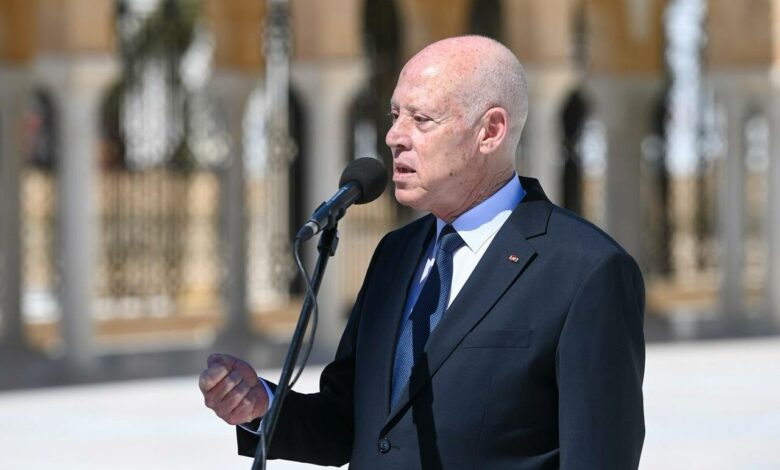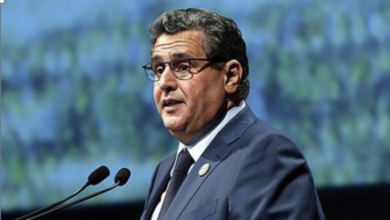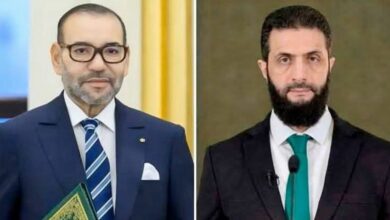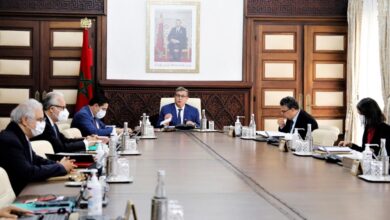Tunisia Under Kais Saied: A Fading Shadow of a Troubled Authoritarian Model
Tunisia Under Kais Saied: A Fading Shadow of a Troubled Authoritarian Model

ALDAR / Analysis
At a time when the peoples of North Africa were hoping for a normalization of Moroccan-Tunisian relations, President Kais Saied’s actions have come as a major disappointment. Recently, he welcomed a representative of the Polisario Front — a separatist entity recognized by no Arab country except Algeria — to a conference held in Tunis under the slogan “Building Social Cohesion in a Changing World.” This move left observers puzzled: what world are they referring to when they host an entity that enjoys no legitimate recognition?
This step is not isolated but fits within a pattern of decisions by Kais Saied that reveal a clear alignment with Algeria’s stance on the Moroccan Sahara issue. This position starkly contradicts Tunisia’s historical approach of positive neutrality, seeking to reconcile differences between its neighbors rather than fueling tensions.
What deepens the concern is that this political drift is accompanied by a noticeable economic decline. Tunisia today records one of the lowest growth rates in the region, influenced by an economic model that attempts to replicate Algeria’s, which is heavily reliant on oil and gas revenues — a model that Tunisia, lacking such natural resources, simply cannot sustain. According to the International Monetary Fund’s World Economic Outlook (April 2025), Tunisia’s projected growth rate is only 1.4%, compared to 3% for Algeria and 3.9% for Morocco.
The images do not lie. In 2022, Kais Saied hosted Polisario leader Brahim Ghali as if he were a head of state, and later, in 2024, he stood alongside him at a conference in Algiers promoting a “New Maghreb,” notably excluding Morocco. This made Saied the first Tunisian president to adopt such a position, breaking with the tradition of his predecessors — from Bourguiba to Beji Caid Essebsi — who consistently upheld a policy of wisdom and balance.
For those familiar with Tunisia’s rich history, from Carthage and Hannibal to Ibn Khaldun, this deviation is particularly painful. Tunisia, once a beacon of thought, politics, and mediation in North Africa, is gradually morphing into a pale reflection of a troubled authoritarian model — just when the region most urgently needs enlightened leadership to foster unity and development.
If there remains hope for a bright future for the Maghreb, it can only be realized with Tunisia returning to its luminous historical path and rejecting choices that neither reflect its true identity nor befit its profound civilizational and political legacy.





